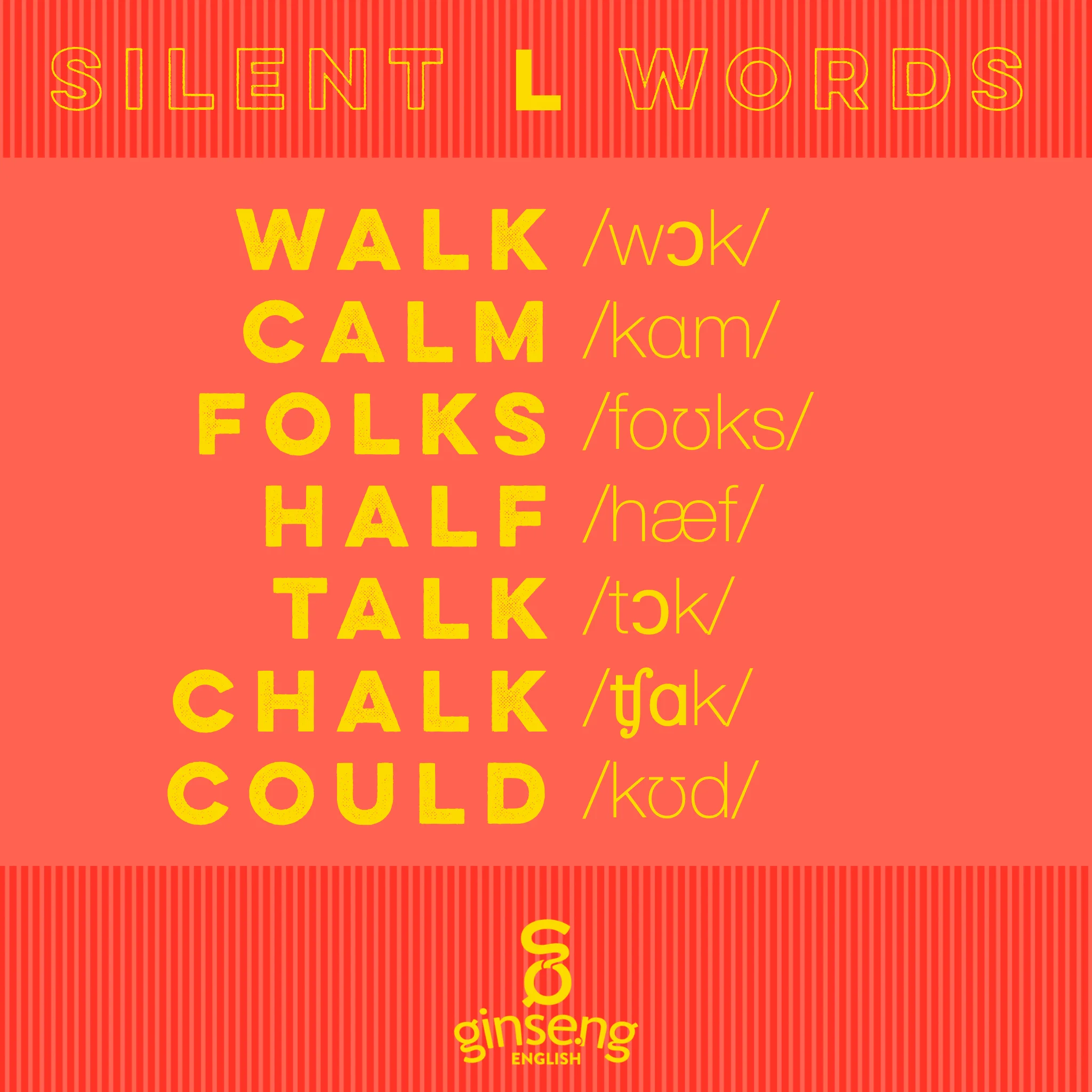A couple of weeks ago, we talked about some words with a silent B at the end. There is a similar pattern that can be tricky for students.
These words end with the letters -MN, but you never pronounce that N. The last sound you hear is the /m/. Let's read a little more about -MN words!
| Word | IPA | PoS | Definition |
|---|---|---|---|
| damn | /dæm/ | v. | to condemn to hell |
| condemn | /kənˈdɛm/ | v. | to judge guilty |
| limn | /lɪm/ | v. | to draw or describe |
| hymn | /hɪm/ | n. | a religious song |
| column | /ˈkɒləm/ | n. | a decorative pillar |
| solemn | /ˈsɒləm/ | adj. | serious or earnest |
| autumn | /ˈɔːtəm/ | n. | the season after summer |
What do you notice about the pattern? Silent N is always at the end of a word. It is also always after the letter M. When you see -MN at the end of a word, you should assume that you only pronounce the MN. There aren't any common words beginning with silent N, unlike G, which can be silent at the beginning or end of a word.
Is -MN always silent?
You will sometimes see -MN- in the middle of words related to these silent N words.
Damnation is the noun form of damn, a hymnal is a book of hymns, and autumnal is the adjective form of autumn. In words like these, where the first letter after MN is a vowel, you usually pronounce the N. In autumnal, hymnal, and damnation, we pronounce the N.
But in some cases, the next sound after the MN is a consonant sound. For example, columns and solemnly. When the next sound after the MN is a consonant sound, we usually do not pronounce the N.
Why is N Silent Sometimes?
As The Independent nicely says it, "Silent Letters are the ghosts of pronunciations past." Older versions of these words had pronounced Ns.
Most of them come to English from Latin. For example autumn comes from the Latin autumnus and column comes from the Latin columna. In these words, the N was pronounced. If you try to say them, you'll see that pronouncing the N in autumnus is pretty easy. If you try to pronounce the N at the end of autumn, it's not so easy. This is because in autumnus, the N is followed by a vowel. It starts a new syllable.
When Latin words changed over a long time into English words, most of them lost their Latin suffixes, -a and -us and -ae and -i. When we dropped those last syllables, the MN became very difficult to pronounce, so we just stopped!
If you enjoyed this, check out some of our other English posts!
By the way, make sure to check out our other posts on English pronunciation, including Silent K, Silent B, Silent G and Silent L, and Deleted Syllables.
Silent N Words in English





